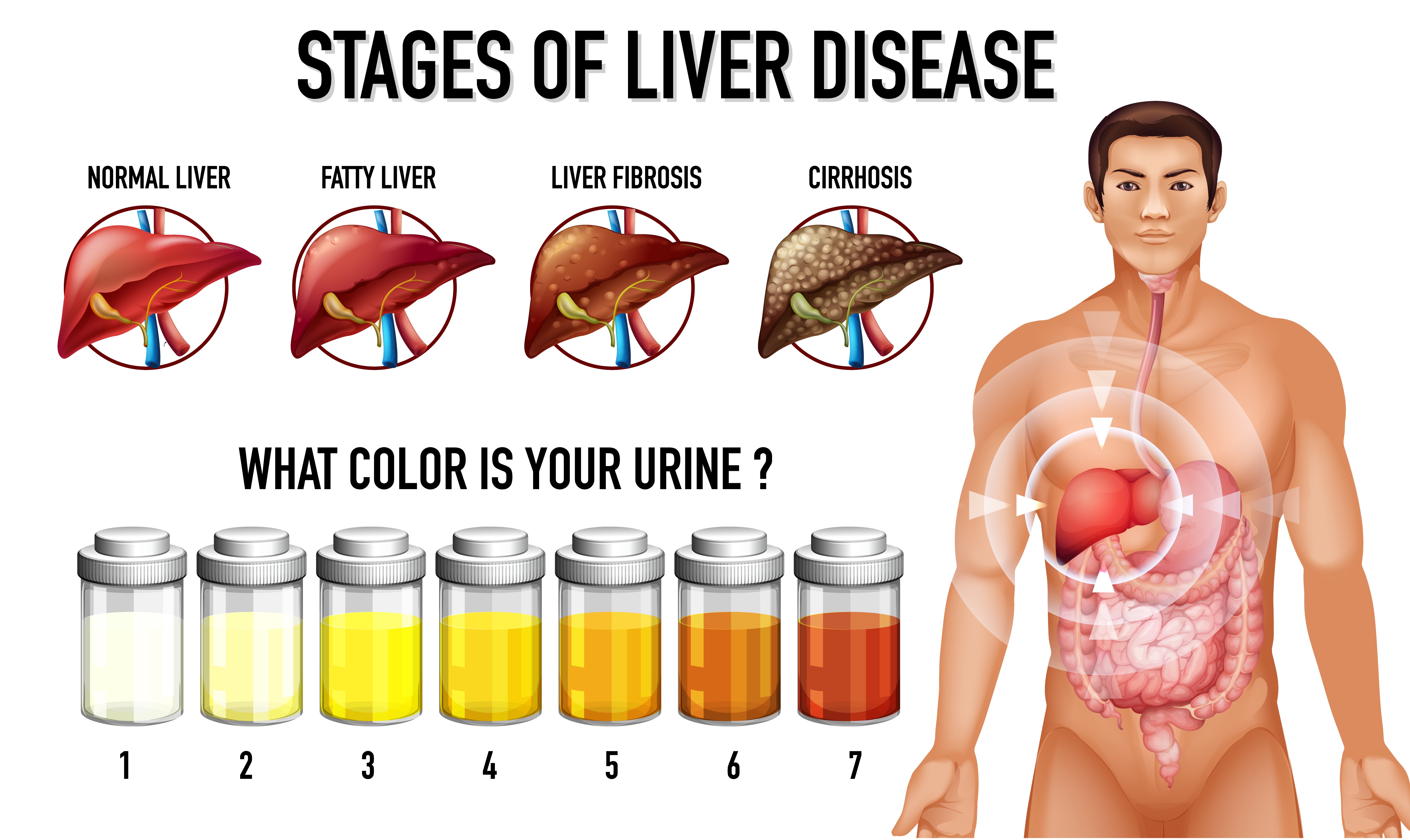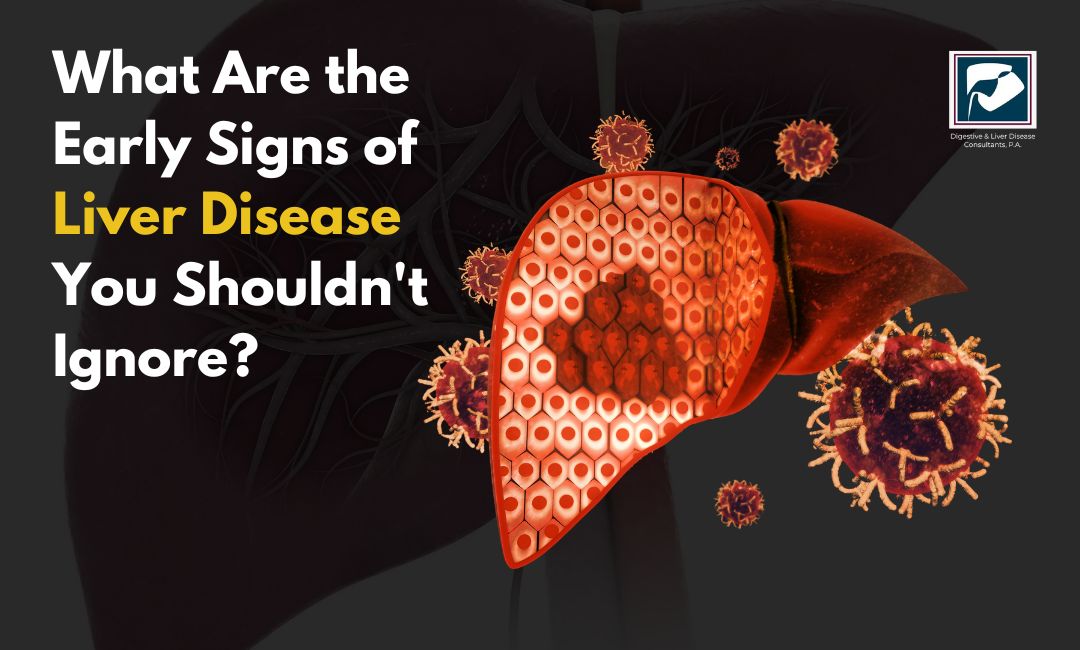The liver is one of the most vital organs in your body, responsible for essential functions like filtering toxins, producing bile for digestion, and storing nutrients. Despite its incredible resilience, the liver is not invincible. Liver disease can develop gradually and often silently, making it crucial to recognize the early signs and take timely action.
Here, we’ll explore the subtle warning signs of liver disease, why they occur, and what you can do to protect your liver health.
1. Fatigue and Weakness
Feeling constantly tired, even after a good night’s sleep, might indicate liver trouble. When the liver is not functioning correctly, toxins can build up in the bloodstream, leading to fatigue and a general sense of weakness. While these symptoms can have many causes, persistent fatigue should not be ignored.
2. Yellowing of the Skin and Eyes (Jaundice)
Jaundice is a classic sign of liver issues. It occurs when bilirubin, a yellow pigment, accumulates in the blood due to the liver’s inability to process it effectively. This yellowing is most noticeable in the whites of the eyes and the skin. If you notice jaundice, it’s essential to seek medical advice promptly.

3. Dark Urine and Pale Stools
Changes in the colour of your urine or stool can be an early indicator of liver dysfunction. Dark urine might suggest excessive bilirubin in the body, while pale or clay-colored stools could mean bile is not reaching the intestines due to a blockage or reduced bile production.
4. Abdominal Pain and Swelling
Discomfort or pain in the upper right side of your abdomen might indicate inflammation or enlargement of the liver. In some cases, fluid accumulation in the abdomen, a condition known as ascites, can occur, leading to visible swelling and a sensation of heaviness.
5. Nausea and Loss of Appetite
If your liver isn’t functioning well, it can interfere with your digestive system. Persistent nausea, a reduced appetite, and unexplained weight loss might point to liver issues. These symptoms are often overlooked, but when combined with others, they become significant warning signs.
6. Itchy Skin
Unexplained itching, especially without a rash, can sometimes indicate liver problems. This happens when bile salts accumulate in the skin due to impaired bile flow, causing irritation and discomfort.
7. Bruising and Bleeding Easily
The liver produces proteins necessary for blood clotting. When it’s damaged, you might notice you bruise or bleed more easily than usual, even from minor injuries. If you experience frequent bruising without a clear cause, it’s worth consulting a doctor.
8. Swelling in the Legs and Ankles
Liver disease can lead to fluid retention in the body, particularly in the lower extremities. Swelling in the legs and ankles may be a sign of advanced liver issues, often linked to decreased protein production or increased pressure in the blood vessels.
9. Mental Confusion or Forgetfulness
When the liver can’t effectively filter toxins, these substances can affect the brain, causing confusion, forgetfulness, or difficulty concentrating. This condition, known as hepatic encephalopathy, is a sign of advanced liver disease and requires immediate medical attention.
Why Early Detection Matters
Many liver conditions, including fatty liver disease, hepatitis, and cirrhosis, progress silently until they become severe. Early detection allows for better management and, in many cases, reversal of liver damage. Simple blood tests, imaging studies, and lifestyle changes can significantly impact the outcome.
How You Can Protect Your Liver
Maintain a Healthy Diet: Focus on whole grains, lean proteins, fruits, and vegetables. Limit processed foods and avoid excessive sugar and fat.
Stay Hydrated: Drinking plenty of water helps your liver flush out toxins effectively.
Exercise Regularly: Physical activity promotes overall health and prevents fat buildup in the liver.
Limit Alcohol Consumption: Excessive alcohol is a major risk factor for liver disease. If you drink, do so in moderation.
Get Vaccinated: Vaccinations for hepatitis A and B can help prevent liver infections.
Avoid Toxins: Be mindful of chemicals in household products and medications that may harm the liver.
Conclusion
Your liver works tirelessly to keep your body healthy, but it needs care and attention in return. Recognizing the early signs of liver disease and making healthy lifestyle choices can significantly reduce your risk of liver-related complications. Remember, your health is in your hands, but you don’t have to navigate it alone.
If you’re concerned about your liver health or experiencing symptoms, schedule an appointment with DLDC(Digestive & Liver Disease Consultants P.A) today.






